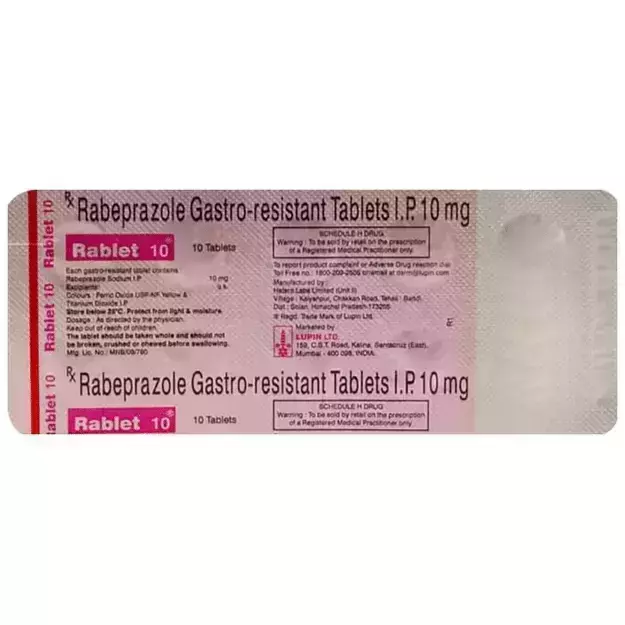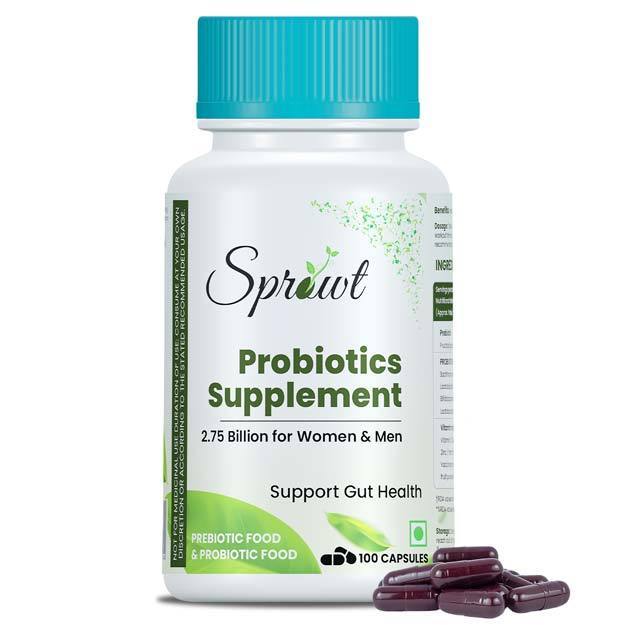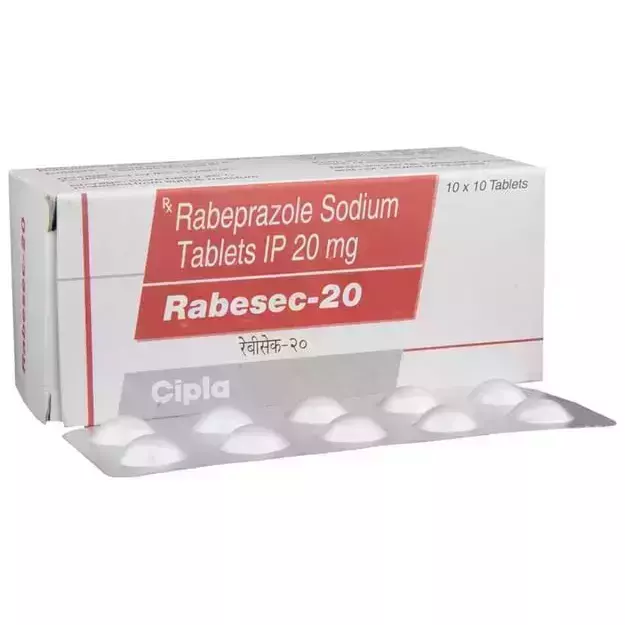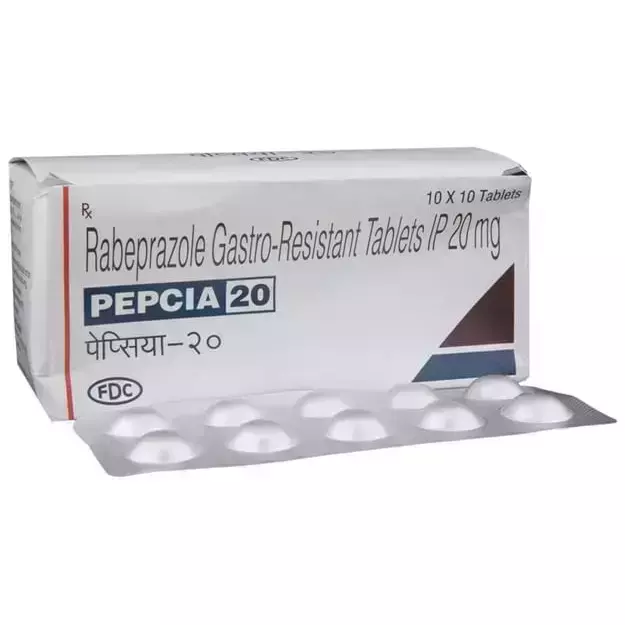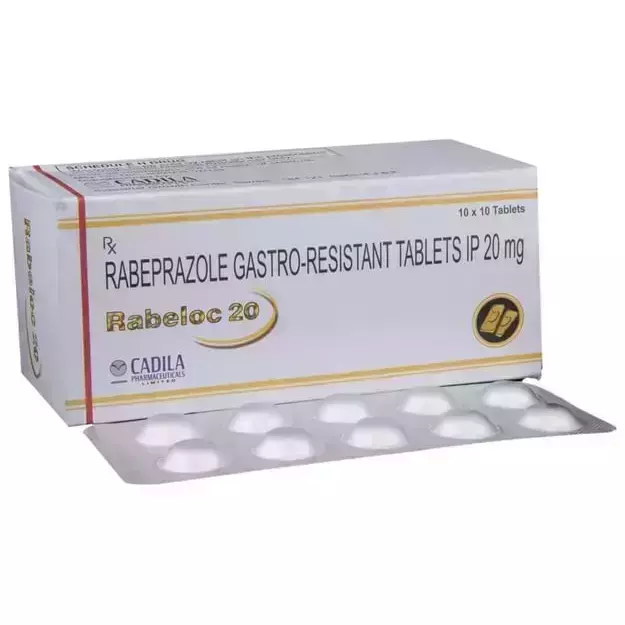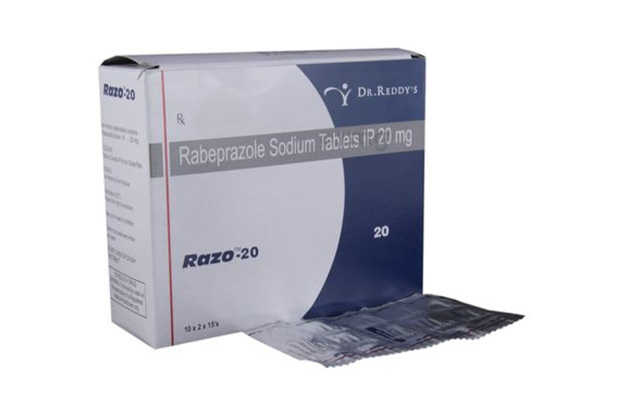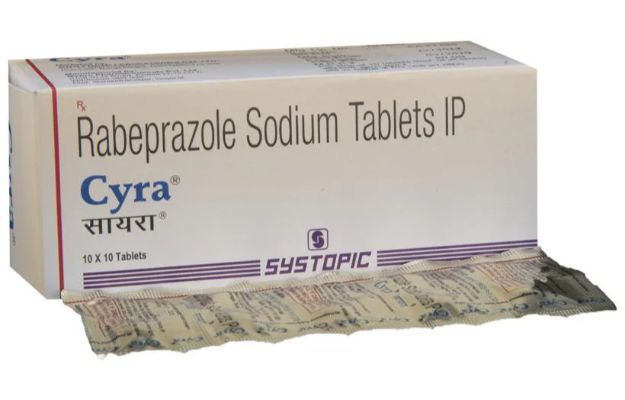Ripra is a prescription drug, available for use as Tablet. It is primarily used for the treatment of Acidity. Secondary and off-label uses of Ripra have also been mentioned below.
The right dosage of Ripra depends on the age, gender, and medical history of the patient. Besides the medical condition it is advised for, the route of administration also plays an important role in determining the correct drug dosage. Refer to the dosage section for a detailed discussion.
Ripra also has some side effects, the most common being Diarrhoea. While these are the most often observed Ripra side effects, there are can be others also. These have been listed below. Such side effects of Ripra normally do not last long and go away once the treatment is completed. Consult your doctor if these side effects become worse or stay for a longer duration.
Furthermore, you should know that effect of Ripra is Safe for pregnant women and Moderate for women who are breastfeeding. Warnings related to Ripra's effects on the liver, heart and kidney, if any, have been listed below.
Individuals suffering from medical conditions like Diarrhea (Loose Motions) must refrain from the use of Ripra since this can cause severe adverse effects. The section on Ripra contraindications lists all such conditions.
Drug reaction of Ripra with other medicines has been reported. Refer to the list below for further details.
In addition to these precautions, you may also note that Ripra is not safe while driving, and is is not addictive in nature.
X

